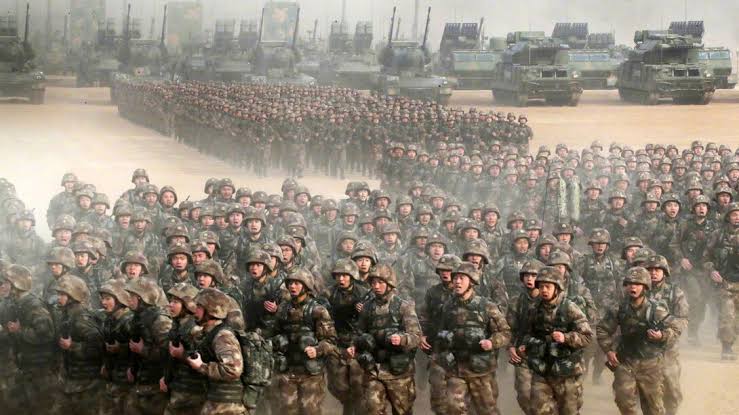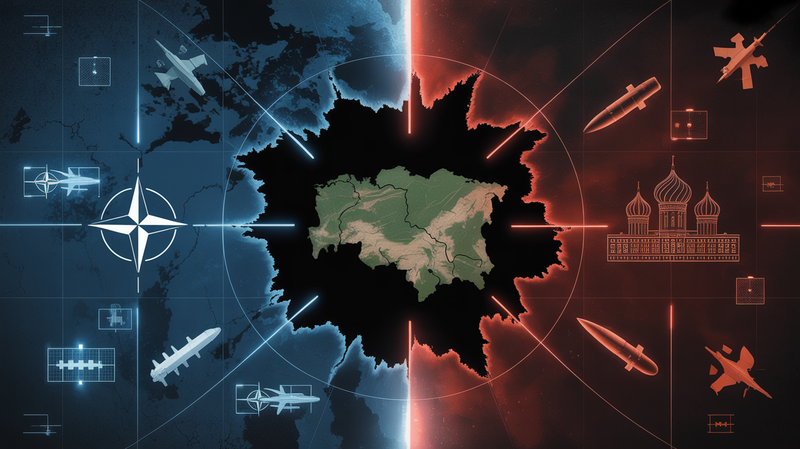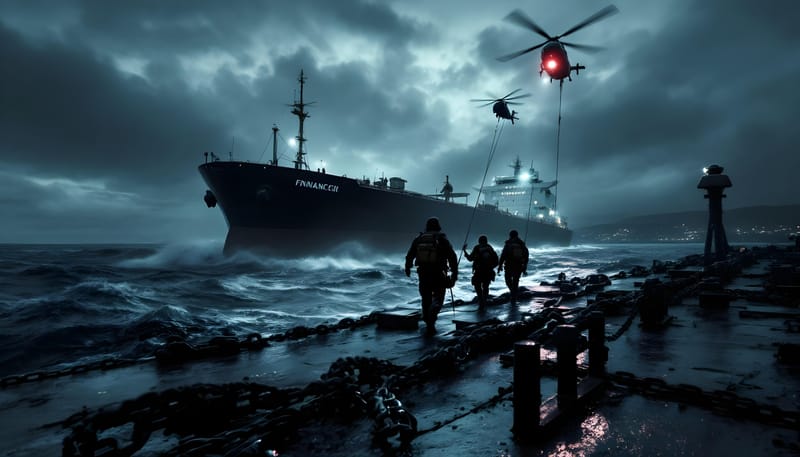A Chessboard of Geostrategic Interests: Is Estonia Gradually Becoming a Permanent Home for Foreign Troops?
This piece reflects on a recent statement made by Varro Vooglaid, a prominent Estonian politician and member of the Riigikogu, Estonia's parliament. In a Facebook post, Vooglaid cast doubts over the prevailing narrative that Estonia is preparing to temporarily accommodate an increasing number of foreign troops. His hypothesis,

This piece reflects on a recent statement made by Varro Vooglaid, a prominent Estonian politician and member of the Riigikogu, Estonia's parliament. In a Facebook post, Vooglaid cast doubts over the prevailing narrative that Estonia is preparing to temporarily accommodate an increasing number of foreign troops. His hypothesis, however, pointed towards a more disconcerting reality. He argued that perhaps the real intention behind these moves is to lay the groundwork for a significantly expanded permanent placement of foreign forces on Estonian soil.
According to Vooglaid, the rhetoric of temporality is intentionally employed as a strategic communication tool. Eventually, it might be simply announced that due to a change in the geopolitical landscape, the infrastructure initially built for temporary presence will now be used to ensure a permanent foreign military presence.
The argument put forward by Vooglaid finds some validation in a recent headline on ERR, a national news portal. The report subtly alludes to this very scenario, suggesting a gradual conditioning of the public to the idea that a change in circumstances could lead to a significant shift in Estonia's defense policy. This could essentially alter whether the foreign troops already brought here are stationed on Estonian territory temporarily or permanently. Vooglaid interprets the narrative promoted by Raimond Kaljulaid as a message to the public that in the event of deteriorating conditions (i.e., changing circumstances), a brigade of foreign troops (5000 men) must be stationed (i.e., left) in Estonia.
The seasoned politician perceives a more sinister motive behind these moves. He believes the actual goal is to escalate the security situation to such an extent that it would justify the creation of U.S. military bases in the Baltic region, including Estonia. This escalation would then be rationalized as a response to changing circumstances.
As Vooglaid observes, Russia is likely to react sternly to these moves, deeming such activities behind their border as unacceptable. The likely consequence? More foreign troops being brought into Estonia - because the situation has supposedly worsened. This prompts the question, what will happen next? Could this be the trigger for a major war, as it was in Ukraine a year and a half ago?
Vooglaid does not rule out the possibility that certain forces are deliberately working towards extending the war against Russia to include Estonia. If his suspicions hold true, the implications are grave. It would be a clear case of treason, particularly if it's done knowingly, as a war with Russia is the last thing that can be considered in the interest of the Republic of Estonia.
Vooglaid calls for an urgent public discussion on this topic. He also warns against the use of strategic communication to manipulate public opinion. If there is indeed a desire to establish a permanent presence of foreign military units on Estonian territory, Vooglaid argues that it should be stated clearly and put to a referendum. While paragraph 106 of the Estonian Constitution states that defense issues cannot be put to a referendum, Vooglaid insists that this matter transcends the realm of defense. It is a question that fundamentally pertains to the very identity of the Republic of Estonia.




